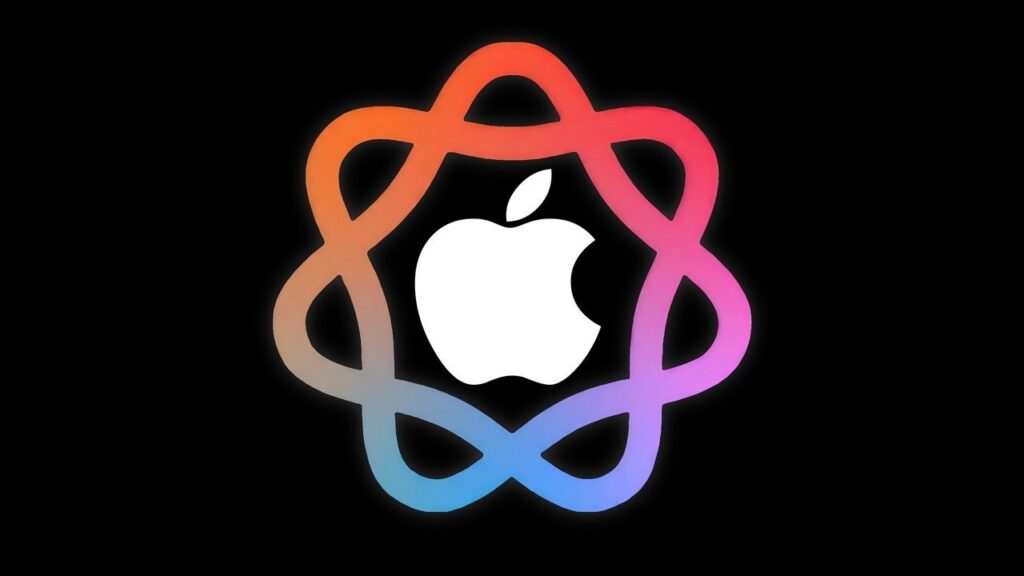In today’s data-driven world, data science has emerged as one of the most in-demand fields. With businesses increasingly relying on data to make strategic decisions, there’s never been a better time to dive into this exciting discipline. Fortunately, e-learning provides an accessible and flexible way to acquire the skills needed to thrive in data science. This comprehensive guide will walk you through the steps to effectively learn data science through e-learning, including choosing the right platforms, understanding key concepts, and applying your knowledge.
Why Choose E-Learning for Data Science?
E-learning offers several advantages for learning data science:
- Flexibility: You can learn at your own pace, fitting your studies around your schedule.
- Accessibility: Online courses are available from anywhere in the world, providing access to top educators and resources.
- Cost-Effectiveness: Many e-learning platforms offer high-quality content at a fraction of the cost of traditional education.
- Up-to-Date Content: E-learning platforms often update their courses to reflect the latest industry trends and technologies.
Steps to Learning Data Science with E-Learning
1. Set Clear Goals
Before you start your e-learning journey, it’s important to define your goals. Are you looking to switch careers, enhance your current role, or simply explore a new field? Understanding your objectives will help you choose the right courses and resources.
- Career Change: If you’re transitioning to a data science role, focus on comprehensive courses that cover all fundamental aspects.
- Skill Enhancement: For those looking to upskill, select courses that focus on specific areas such as machine learning, data visualization, or big data.
- Exploration: If you’re exploring data science, start with introductory courses to gauge your interest.
2. Choose the Right E-Learning Platform
The choice of e-learning platform can significantly impact your learning experience. Here are some popular platforms and their offerings:
- Coursera: Offers courses from top universities and institutions, including specializations and professional certificates in data science. Notable courses include the “Data Science Specialization” from Johns Hopkins University and the “Machine Learning” course by Andrew Ng.
- edX: Provides a range of courses from renowned universities such as MIT and Harvard. Courses like “Data Science MicroMasters” from UC San Diego and “Introduction to Data Science” from Microsoft are highly recommended.
- Udacity: Known for its Nanodegree programs, Udacity offers in-depth, project-based learning in data science. The “Data Scientist Nanodegree” and “AI for Trading” are popular options.
- DataCamp: Focuses exclusively on data science and analytics with interactive coding exercises. Courses cover a range of topics, including Python, R, and SQL.
- Khan Academy: Provides free resources and courses in statistics and data analysis, making it a good starting point for beginners.
3. Understand the Core Concepts
Data science is a multifaceted field that encompasses several key concepts. Here’s a brief overview of the core areas you should focus on:
- Statistics and Probability: Understanding statistical methods and probability is crucial for analyzing data and making informed decisions. Look for courses that cover descriptive statistics, inferential statistics, and probability distributions.
- Programming: Proficiency in programming languages such as Python or R is essential for data manipulation and analysis. Many e-learning platforms offer courses on these languages, focusing on libraries and frameworks used in data science.
- Data Cleaning and Preprocessing: This involves preparing raw data for analysis by handling missing values, outliers, and data transformations. Courses should cover techniques for cleaning and preprocessing data.
- Data Visualization: Effective communication of data insights is achieved through visualization. Learn how to use tools like Matplotlib, Seaborn, Tableau, or Power BI to create meaningful visualizations.
- Machine Learning: Gain an understanding of machine learning algorithms and techniques, including supervised and unsupervised learning, regression, classification, clustering, and neural networks.
- Big Data: Familiarize yourself with big data technologies and frameworks such as Hadoop, Spark, and NoSQL databases, which are used to handle and analyze large datasets.
4. Practical Application and Projects
Applying theoretical knowledge to real-world problems is crucial for mastering data science. Here’s how to gain practical experience through e-learning:
- Hands-On Projects: Many e-learning platforms offer project-based courses where you can work on real datasets and solve practical problems. Look for courses that include capstone projects or industry-specific case studies.
- Kaggle Competitions: Kaggle is a platform for data science competitions where you can apply your skills to real-world problems and collaborate with other data scientists. Participating in Kaggle competitions is an excellent way to gain practical experience and build a portfolio.
- GitHub: Create a GitHub repository to showcase your projects and code. Sharing your work on GitHub allows potential employers or collaborators to see your practical skills and contributions to the data science community.
5. Build a Learning Path
Creating a structured learning path can help you stay organized and motivated. Here’s a suggested roadmap for learning data science through e-learning:
- Beginner Level:
- Introduction to Data Science
- Basics of Python or R Programming
- Fundamental Statistics and Probability
- Introduction to Data Visualization
- Intermediate Level:
- Data Cleaning and Preprocessing Techniques
- Exploratory Data Analysis (EDA)
- Introduction to Machine Learning Algorithms
- Data Visualization Tools and Techniques
- Advanced Level:
- Advanced Machine Learning Techniques
- Big Data Technologies (Hadoop, Spark)
- Deep Learning and Neural Networks
- Data Science in Specific Domains (e.g., finance, healthcare)
6. Stay Updated and Network
Data science is a rapidly evolving field, so it’s important to stay updated with the latest trends and technologies. Here’s how to keep yourself informed:
- Online Forums and Communities: Join data science communities on platforms like Reddit, Stack Overflow, and LinkedIn. Participating in discussions and asking questions can provide valuable insights and support.
- Blogs and Newsletters: Follow data science blogs, newsletters, and industry publications to stay updated on new developments, tools, and techniques.
- Webinars and Conferences: Attend webinars, virtual conferences, and meetups to learn from industry experts and network with other professionals in the field.
7. Certifications and Specializations
Earning certifications and specializations can validate your skills and enhance your employability. Many e-learning platforms offer certification programs that are recognized by industry leaders. Consider pursuing certifications such as:
- Data Science Specialization (Coursera)
- Data Scientist Nanodegree (Udacity)
- Professional Certificate in Data Science (edX)
These certifications often involve completing a series of courses and projects, demonstrating your proficiency in various aspects of data science.
8. Prepare for Job Search and Career Advancement
Once you’ve acquired the necessary skills, it’s time to prepare for the job market. Here are some tips to help you with your job search and career advancement:
- Build a Strong Resume: Highlight your skills, projects, and certifications on your resume. Emphasize relevant experience and achievements.
- Prepare for Interviews: Practice common data science interview questions and technical problems. Be ready to discuss your projects and demonstrate your problem-solving abilities.
- Network with Professionals: Connect with industry professionals through LinkedIn, networking events, and online communities. Networking can lead to job opportunities and valuable connections.
- Keep Learning: Data science is an ever-evolving field, so continue learning and updating your skills. Stay curious and proactive in exploring new technologies and methodologies.
Learning data science through e-learning is an accessible and effective way to acquire the skills needed for this dynamic field. By setting clear goals, choosing the right platforms, understanding core concepts, and gaining practical experience, you can build a strong foundation in data science. Embrace the flexibility and resources offered by e-learning, stay updated with industry trends, and apply your knowledge through real-world projects. With dedication and continuous learning, you can successfully navigate the world of data science and unlock exciting career opportunities.













